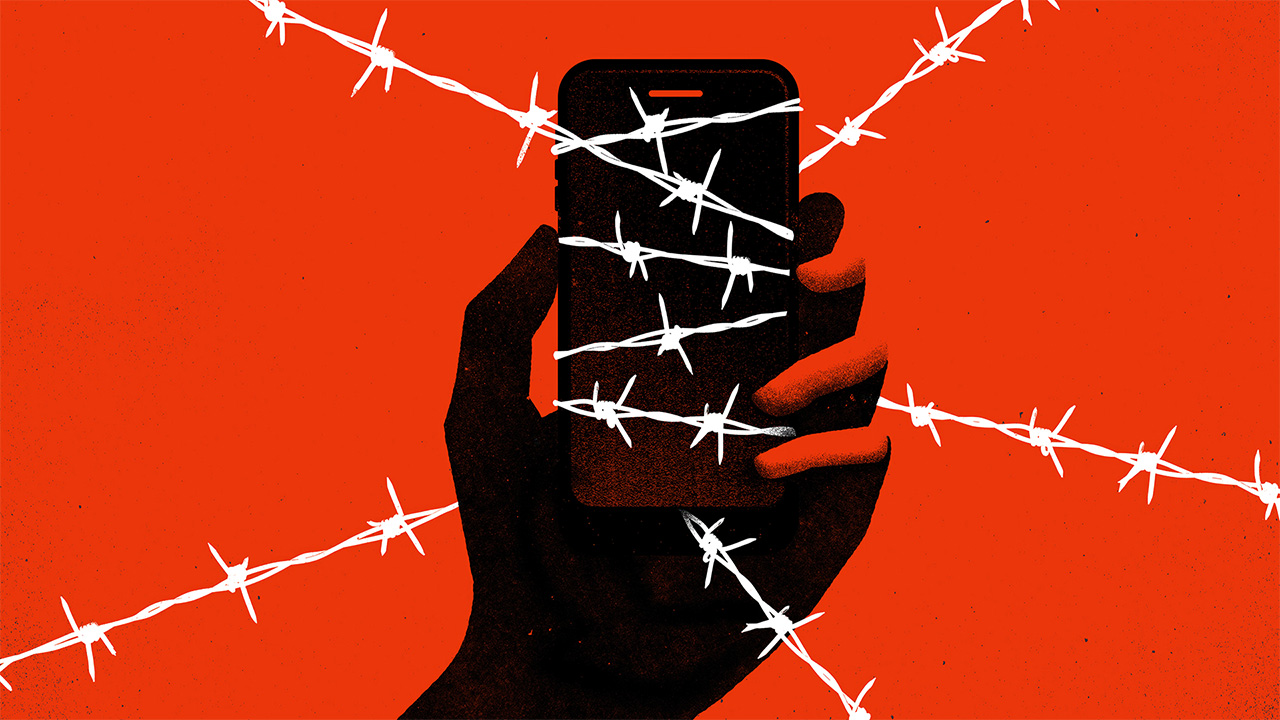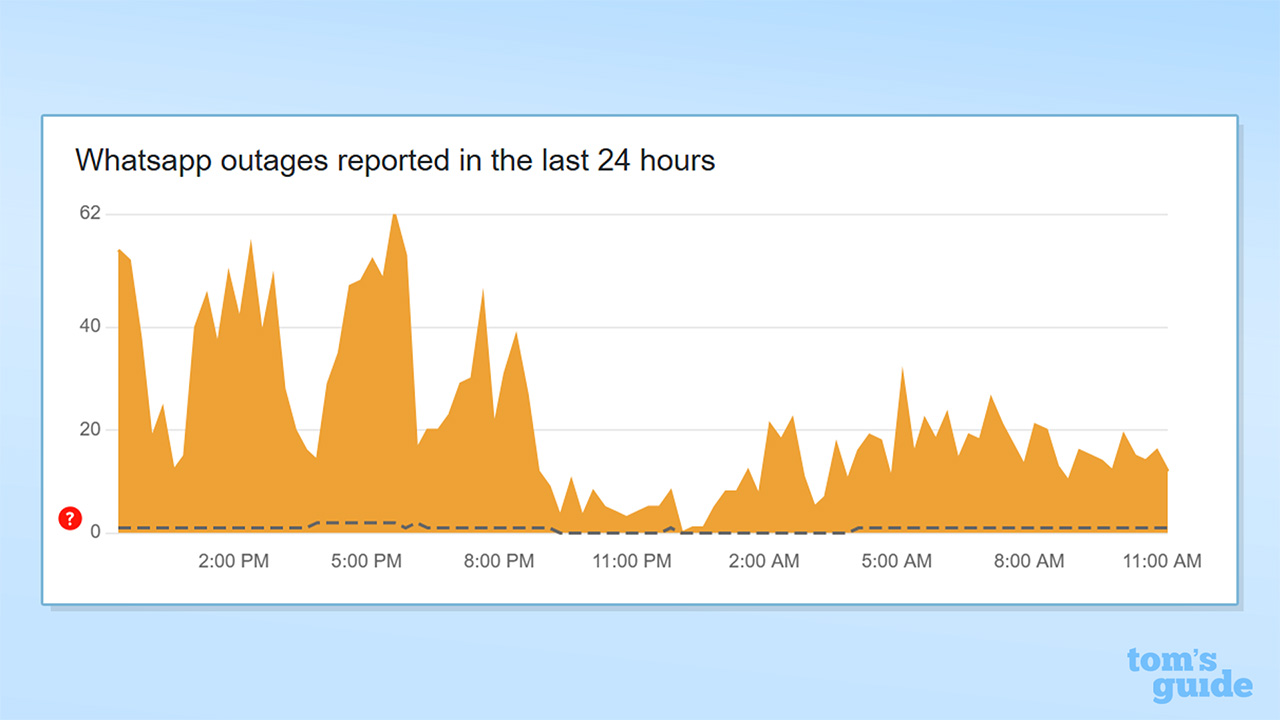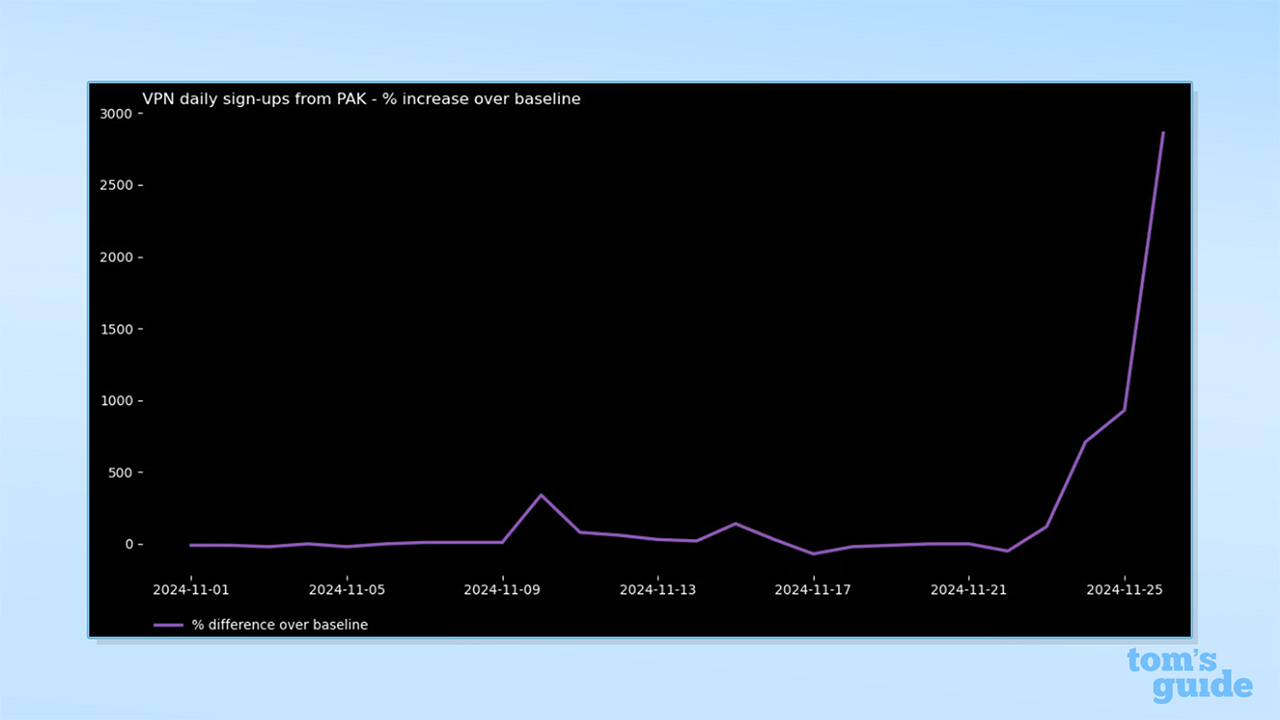
Pakistan's government has U-turned, and will no longer be pursuing a ban on VPNs. The Pakistan Telecommunication Authority (PTA) had originally stated that all commercial-use VPNs should be registered with them by November 30, and any un-registered, and personal-use VPNs, would be banned and cease to work after this date.
It was unknown as to what effect the ban would have on the best VPN services, but at the time of writing, there had been no reports of disruption.
However, the request for a ban will reportedly be withdrawn later this month. It has been reported that the Law Ministry stated the government had no legal standing to block VPNs, and they will continue to function.
Previously, the government had requested a ban due to the accessing of "immoral" and "illegal" content, and use by "terrorists" to "facilitate violent activities." VPNs were also declared "un-Islamic", although this was later claimed to be the result of a typo.
As reported by Dawn, the legal issue comes down to differing interpretations of the Prevention of Electronic Crimes Act (PECA) 2016. The government had wanted to use clauses in the act to justify the ban. However, the Law Ministry stated the clauses only allow blocks on "content" and not "tools".
VPNs are considered a tool, and grouped into the same category as devices such as mobile phones, and laptops. The government's argument has been seen as weak, and the use, and function, of VPNs in Pakistan will continue.
What has gone on in Pakistan?
We have seen somewhat of a merry-go-round of information coming out of Pakistan in recent weeks. The country experienced a VPN shutdown on 9-10 November, with many users experiencing difficulties connecting to certain VPNs.
That weekend, the Proton VPN Observatory reported a 350% increase in VPN sign-ups in Pakistan.
The authorities claimed the shutdown was due to a "glitch," but a banning request came in shortly afterwards.
The government then moved to restrict VPN usage by announcing that all VPNs must be registered with them by November 30, and any un-registered VPNs would be blocked. Personal-use VPNs were not included, with only commercial-use VPNs allowed to be registered. All registered VPNs could be tracked and monitored, which directly contradicts the main use of consumer VPNs, and provides no privacy to the individual user.
Not just VPNs
It's not just VPNs that have been targeted in recent months – a number of social media apps have been restricted, too. Back in February, X (formerly Twitter) was banned, yet government ministers, including Prime Minister Shehbaz Sharif, continue to regularly use the app. At the time of writing, Sharif's last tweet was on December 2. X can only be accessed in Pakistan via a VPN, and therefore government ministers are directly ignoring their own laws and recommendations.
Our heartiest felicitations to the leadership and people of the United Arab Emirates on their 53rd National Day. Founded on the wisdom and sagacity of the late His Highness Sheikh Zayed Bin Sultan Al Nahyan, we are proud of the UAE’s remarkable journey of progress and…December 2, 2024
Bluesky, seen by many as X's successor, also received a block, with users first reporting issues overnight on November 19-20. The block appeared to be temporary but it's unconfirmed whether access to Bluesky has returned.
Messaging app WhatsApp was the next to be hit, with connection difficulties reported between November 23-25. Since then, WhatsApp has continued to be affected by outages, and Downdetector data showed a large spike in reports on December 1.

What's next?
Although the VPN ban appears to be reversed, there is still cause for concern when assessing internet and online freedoms in Pakistan.
It has been reported that Pakistan's government has deployed Chinese technology to build a new, national internet "firewall" that will allow authorities to monitor online traffic and regulate the use of popular apps with greater control than before.
A firewall would allow specific features within an app or website to be blocked or throttled. There is a risk VPNs could be affected, and even blocked.
VPN usage has continued to surge in Pakistan, with the latest Proton VPN Observatory reports showing a sign-up increase of 2,860% over the baseline. But despite the reversal in a VPN ban, we may not have seen the last of VPN restrictions in Pakistan.

Are there alternatives to VPNs?
VPNs are the most commonly available, and easiest way, to bypass blocks and internet restrictions – but they're not the only way.
The Tor Browser can be considered the main alternative. It is free, and offers greater anonymity than VPNs thanks to its multi-layered Onion Network. Your data is routed through a number of encrypted nodes, and no single node knows the entire route of your traffic.
Using Proxy and SmartDNS services are another option, but these do not offer the same levels of protection VPNs and Tor do. They spoof your IP address, making it appear as though you're browsing from another location, but your connections are not encrypted. A proxy is slightly better as it does at least change your IP address, something SmartDNS doesn't do, but neither can be seen as secure.
It's also worth noting that the firewall is likely to boost surveillance capabilities and the extent of the risk posed by bypassing government restrictions is not known. So caution should be exercised when exploring bypassing options.
It is a turbulent time for internet freedoms in Pakistan, and the reversal of the VPN ban should not be seen as the end to potential restrictions. The threats to individual's privacy rights and internet freedoms remain high, and will continue to be monitored.







